Compassionate Body Image Counseling with Colorado Dietitian Nutritionists
Embark on a journey to a self-compassionate, trusting, empowering relationship with food and body and holistic well-being. Access virtual nutrition counseling, and online support groups to improve wellbeing. Our certified body image counseling and medical nutrition therapy with Colorado and Washington State dietitians can provide compassionate care to guide you toward lasting well-being and empower you to reclaim food and body trust and freedom, embracing life with a renewed sense of wellness and vitality.


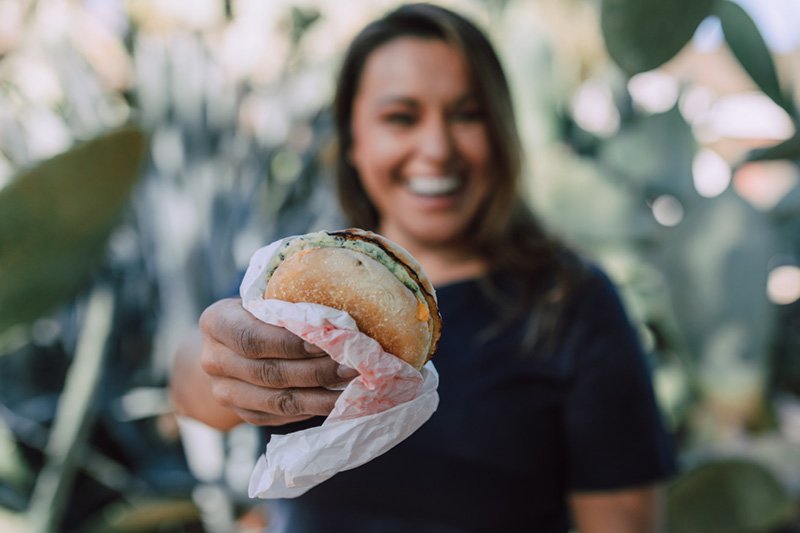



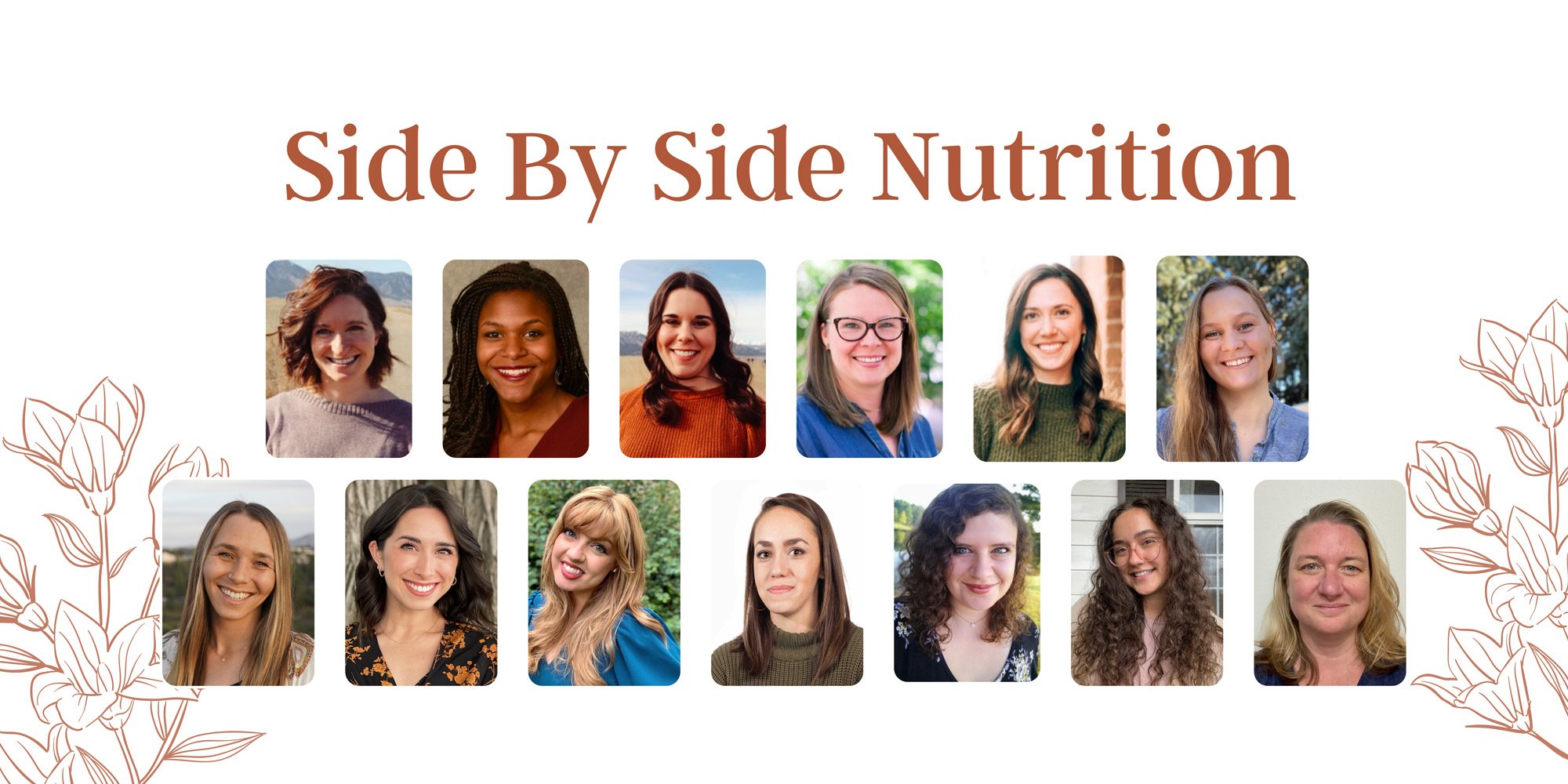












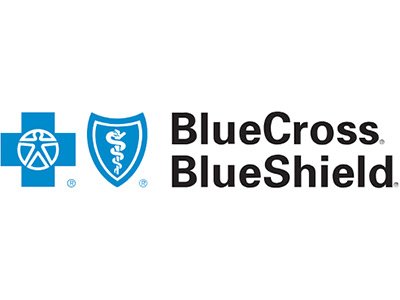

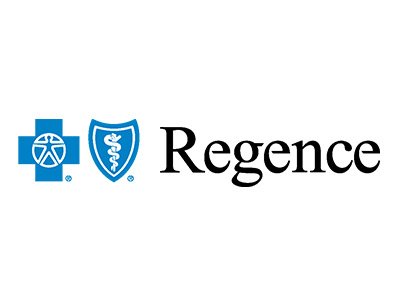

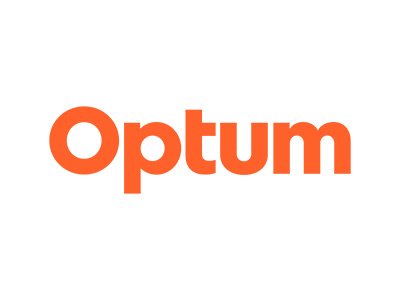


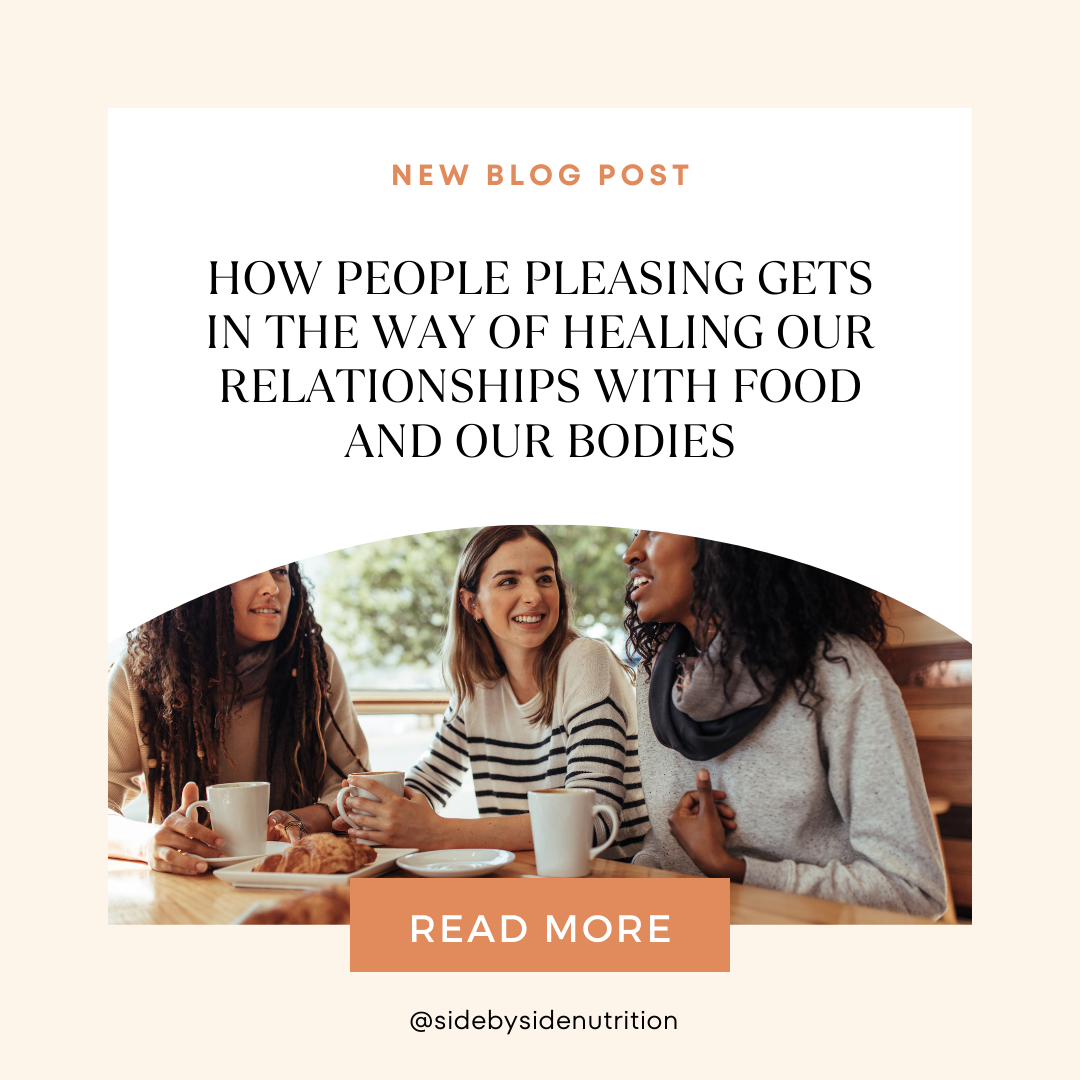
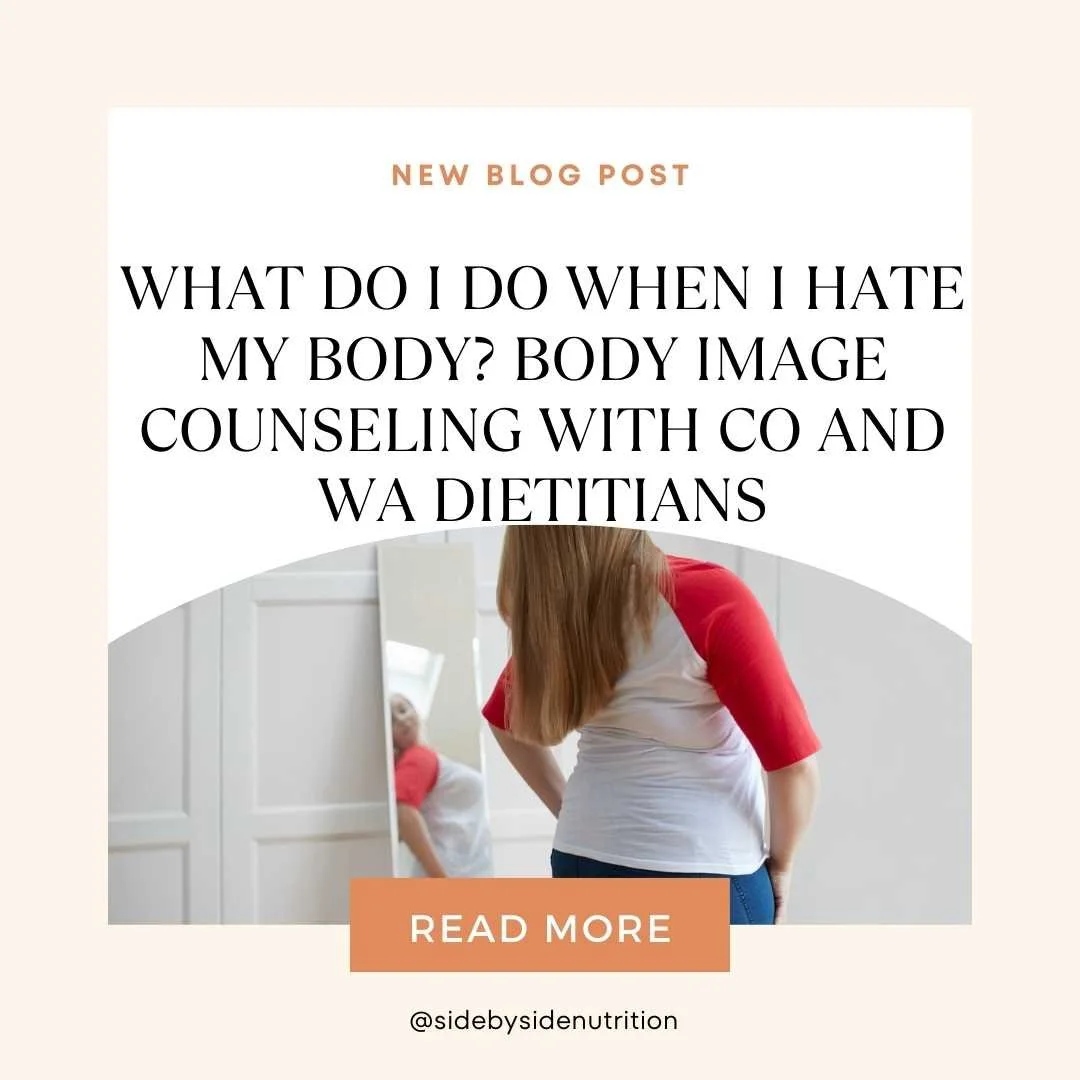
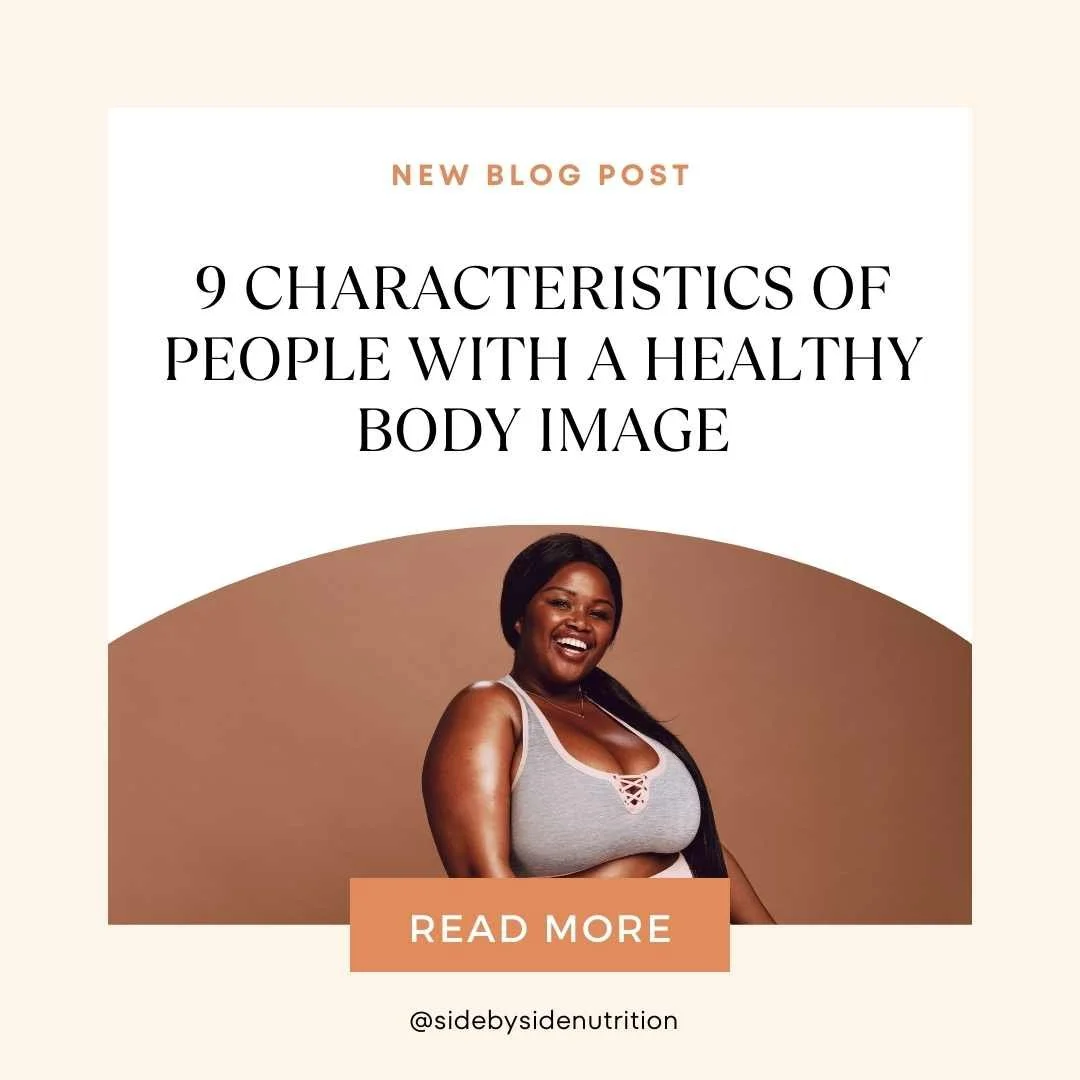

Recent “graduate” from Side by Side Nutrition. I started working with SBSN to figure out how food worked after having an eating disorder for years. And I’m so happy I got so much more than that! SBSN introduced me to Self-Compassion and met me with an approach that never included shaming me. I looked forward to our sessions every week, even if I hadn’t done any of my work, because I knew she’d be understanding and work with me to figure out what I needed to make it happen. And none of that compassion and presence was lost when we had to switch to telehealth. When I started, I didn’t think healing from an eating disorder was possible. And I never in my wildest dreams imagined that I’d come out of it with an unshakable love for my body (certainly not a plus size body with chronic illness)! I’m so glad circumstances sent me here because I know I wouldn’t have gotten to this place with my previous dietician! I am STRONG, I am CONFIDENT, and I am in LOVE with myself! Thank you so much for helping me on my journey here! It wasn’t easy, but it was so worth it!
Michaela Myers